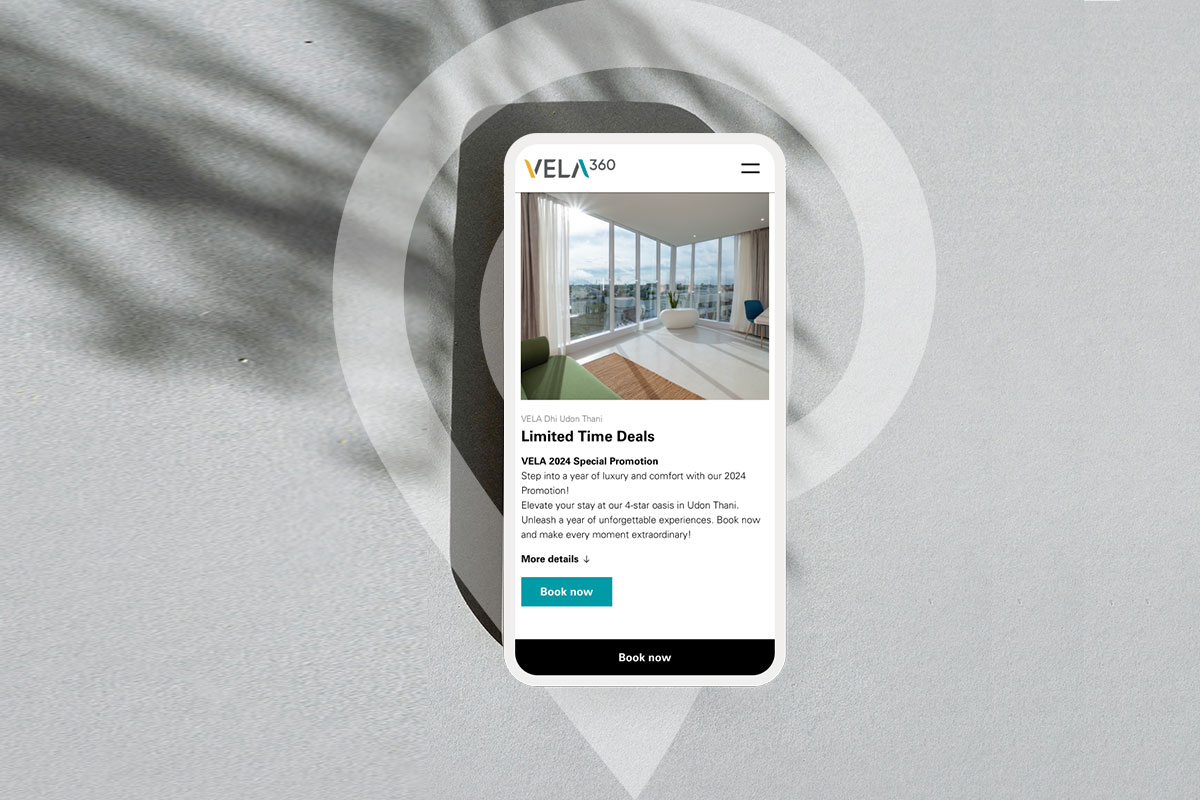Join our network of over 200+ hotels growing their direct revenue online. Get Started
Join our partner networks of over 200+ hotels. Get Started
View what our clients say about us. Testimonials
‘Luxury’ is a very personal thing, but given that everything is digital now, how do luxury hotels stay on top of the ‘digital’ experience of guests all the while keeping it ‘personal’ and ‘luxurious’? Guests are increasingly reliant on their mobile devices for everything from booking their stays to accessing hotel services. Aside from OTAs, there are two main avenues for delivering this experience: through the hotel’s website and through the hotel’s app. This raises a fundamental question: does a hotel really need its own app, or is a well-optimised mobile website sufficient? And once you’ve chosen one or the other, what’s best practice?

A seamless experience is key. If guests have to download an app just to perform tasks that could be done through a website, the app needs to provide added value. The effort to download, set up, and log in to an app should be justified by the benefits it offers. These benefits could include loyalty programmes, exclusive discounts, and other perks that genuinely enhance the guest’s experience. If an app doesn’t bring something extra, then it might not be worth the investment.
Big hotel chains like Accor, Hyatt, and Marriott often have their own apps. These apps provide value through loyalty programmes, allowing guests to track points, claim rewards, and access exclusive deals. However, many guests still prefer booking through OTAs like Hotels.com or Agoda.com. This preference raises a question about seamlessness: how easily can these bookings be integrated into the hotel’s loyalty programme? If guests have to manually request to import their stays, it’s a hassle that detracts from the seamless experience.
Whether a hotel opts for a website, an app, or both, the overall feel of the hotel’s online presence must be consistent and responsive. Guests should be able to easily navigate and find what they need, whether they’re on a desktop, tablet, or mobile device. This consistency ensures that the mobile experience is smooth and enjoyable.
Apps can provide valuable data about guests, helping hotels personalise and enhance the guest experience. However, this data collection must be balanced with privacy concerns. Guests are wary of sharing their personal information if they feel it will be misused or if they receive excessive marketing notifications. Hotels must ensure that the data collected is used responsibly and that guests see tangible benefits from sharing their information.
Another advantage of hotel apps is that they allow hotels to retain more profit. Booking through OTAs often means losing a significant portion of revenue (usually 30+ percent) to these platforms. By encouraging direct bookings through their app, hotels can offer better deals and retain more of the profit. This can be a compelling reason for developing a dedicated app.
A well-designed app can help hotels lock guests into their ecosystem. With the right benefits and seamless experience, guests are less likely to switch to other hotels. This makes the app a powerful tool for building brand loyalty and ensuring repeat business.
To create a seamless mobile experience, hotels should consider the following best practices:
The decision to develop a hotel app should be based on the value it brings to the guest. A seamless mobile experience, whether through a well-optimised website or a dedicated app, is essential for enhancing guest satisfaction and building loyalty. By following best practices and focusing on the guest’s needs, hotels can create a mobile presence that truly stands out in the competitive hospitality industry.
We're here to help our hotel partners take back control of their sales channels - we’re
happy to discuss your requirements and explore how we can increase your revenue.